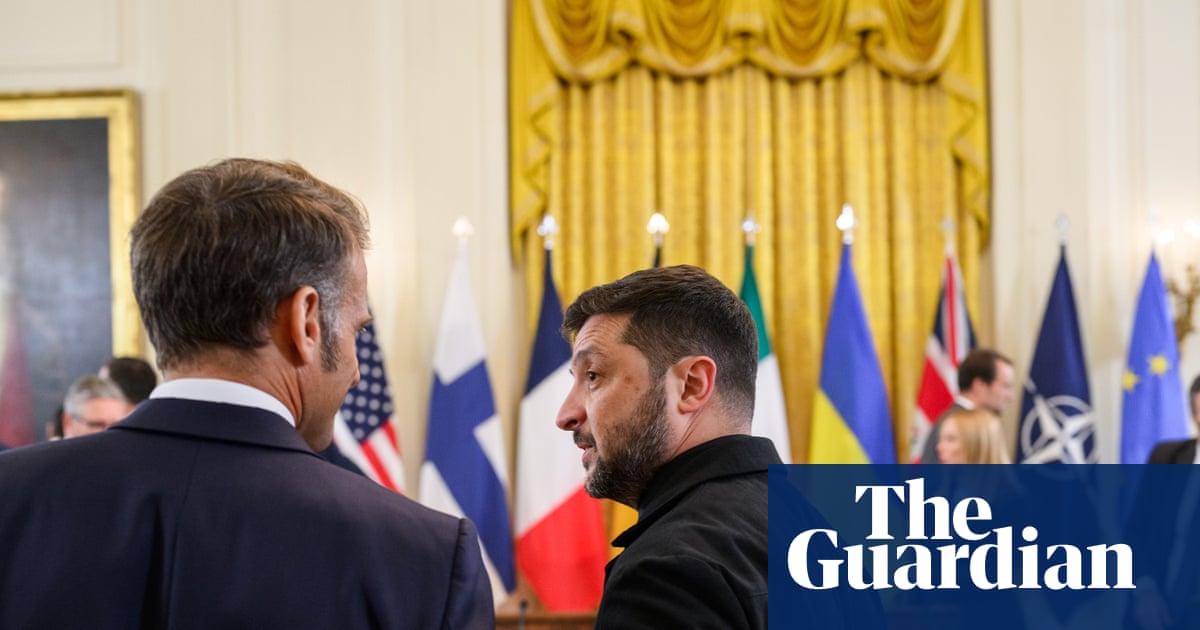
"What we are seeing is a challenge to a version of the west that had America as its leader. But it doesn't have to signal the end. The west is crucial to Europeans, and they have been the core of it. America joined at some point as an offshoot; it has been isolationist before, and it may become isolationist again."
"When we use that term, most people think of the cold war, and a western alliance led by the Anglosphere Of course. One common view is that the notion of the west gains traction with the foundation of Nato in 1949 and the cold war. At the other extreme there's the from Plato to Nato idea, which says the west started with ancient Greeks when they fought off the Persians."
"Meanwhile, among historians, there has been a boringly universal consensus that the west as a self-conscious idea begins in the 1880s or 90s, and is due primarily to the needs of British imperialism: it was invented to justify imperialism, to demarcate the oriental east of Asia and Arab peoples as an other. But I disagree. In my research I found it was French writers who first started using the word in the 1820s,"
The West has historically centered on Europe, with America joining later as an offshoot that can be isolationist. Contemporary politics show US admiration for autocratic Russia, challenging the American-led version of the West without ending the concept. Competing origin narratives place the West at ancient Greece, at NATO and the Cold War, or as a late-nineteenth-century construct tied to British imperialism. French writers first used 'the West' in the 1820s to replace 'Europe' after Russia's growing inclusion made 'Europe' politically inadequate. Definitions of the West have served geopolitical and imperial purposes.
Read at www.theguardian.com
Unable to calculate read time
Collection
[
|
...
]